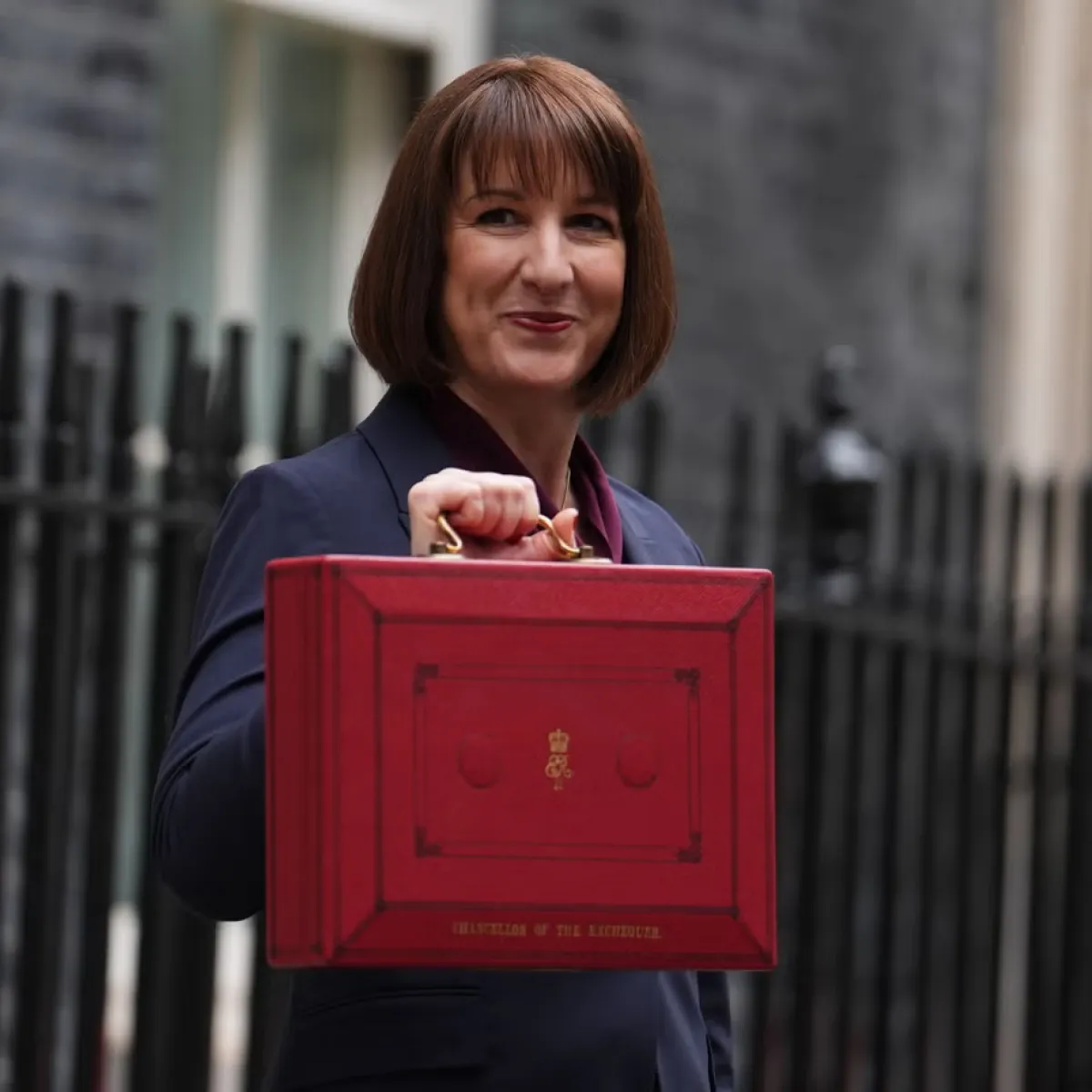This website uses cookies. Learn more
These are the toughest of times to be a regulator.
Last week, the Financial Conduct Authority (FCA) found itself in the sights of critics for asking listed companies to delay the publication of financial results.
The FCA has ‘opened up a right can of worms’ said one commentator, while another offered: “In the absence of information, people [investors] will make things up. This isn’t a positive step and has got people posing the question of shutting down markets.”
Regulators have been working flat out since the Covid-19 crisis began. Last week alone the FCA made eleven announcements on everything from coronavirus scams, to short selling, to the responsibilities of Senior Managers on employee travel.
The Competition and Markets Authority (CMA) has established a Covid- 19 taskforce, whose responsibilities include pulling up firms suspected of exploiting the crisis through unjustifiable prices and making sure competition law doesn’t stand in the way of legitimate steps to protect public health. Meanwhile the Prudential Regulation Authority (PRA) finds itself busy having to relax measures put in place to protect banks and prevent another financial crisis.
Rule books are being rewritten and, as with the government, regulators know the decisions they are taking today are likely to have long-term ramifications. Their nervousness at some of the measures being announced was clear to see in the joint statement issued by the FCA, PRA and the Financial Reporting Council (FRC) on 26 March on delaying annual company accounts, which urged market participants “not to draw undue adverse inferences when companies make use of the extra time our temporary relief gives them.”
And who can blame them if they do feel nervous? No one can be sure what the unintended consequences will be of decisions being taken right now. Asking companies to delay reporting was bold and unexpected, a decision taken as events were unfolding at speed.
Critics have been quick to say the move makes it difficult to accurately price the value of a company and, ultimately, keep trading in financial markets open. Some urged investors to avoid buying stocks based on ‘incomplete information’. Said one: “I believe buying funds, investment trusts or exchange-traded funds and index trackers is better than trying to stock pick, which could go disastrously wrong.” There are also practical questions to be answered around AGMs and post balance sheet events.
As in 2008, the public servants making these tough decisions know they are unlikely to come in for praise, even if they are working seven days a week under extraordinary pressure. They are way more used to criticism, from the media and grandstanding MPs at select committee hearings. “It’s hellishly tough at times”, said former FCA chief Andrew Bailey at a recent hearing, “but that’s the nature of it.” The good news is that so far in this crisis, market participants and the media have been largely supporting the work of regulators, with the Evening Standard even going as far as ‘saluting’ them. Let’s hope this continues. Maybe they won’t get every call right, but their work is vital to preserving a functioning economy for the future.
Stay in the loop with our experts




New Business: to find out how we can help you, contact our dedicated new businesss team consultancy@lansons.com
Careers: we’d love to hear from you, please visit our careers hub











